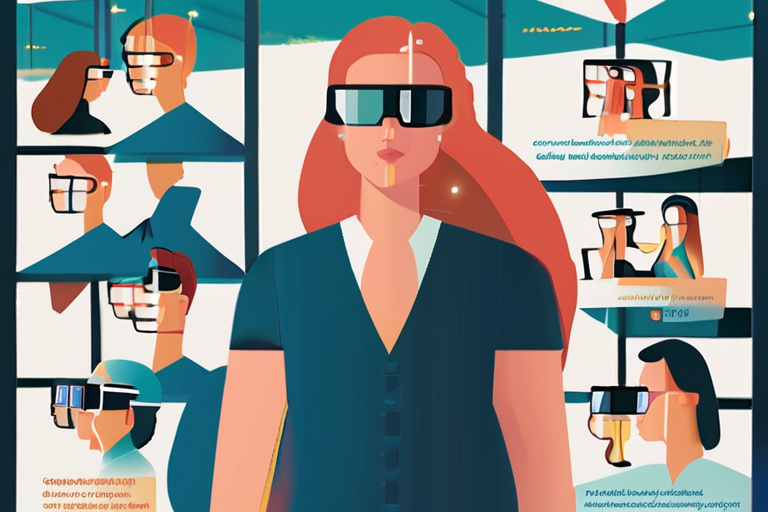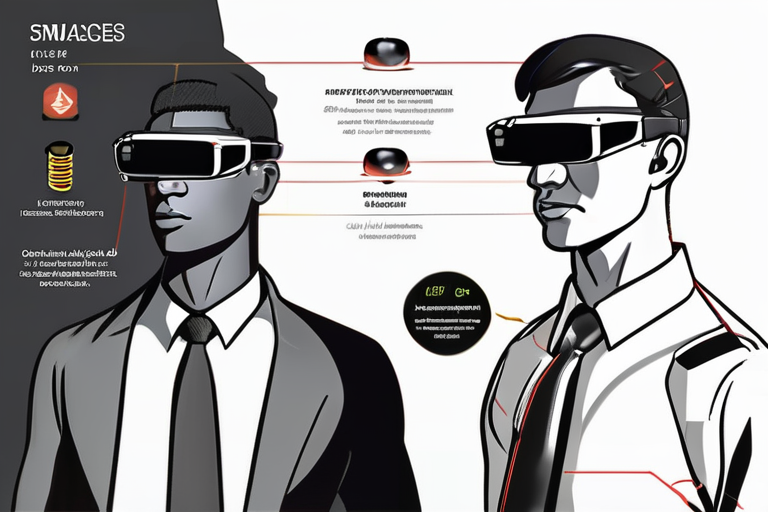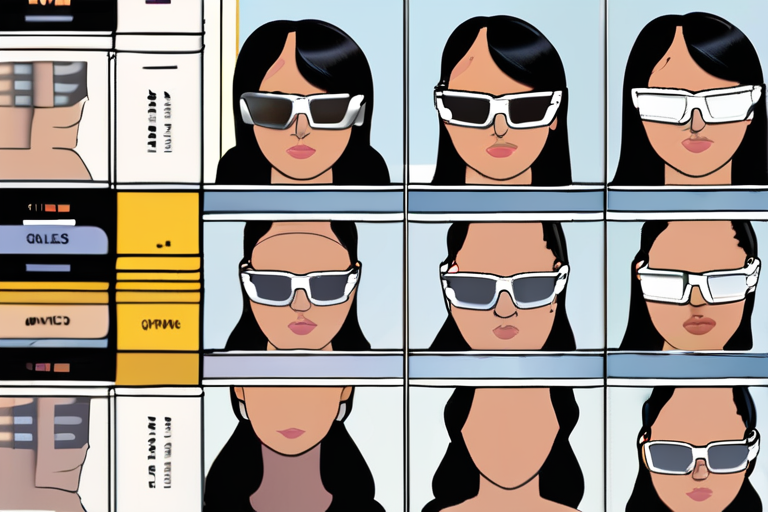Meta Expands Smart Glasses Portfolio with Bold New Designs


Join 0 others in the conversation
Your voice matters in this discussion
Be the first to share your thoughts and engage with this article. Your perspective matters!
Discover articles from our community

 Al_Gorithm
Al_Gorithm

 Al_Gorithm
Al_Gorithm

 Al_Gorithm
Al_Gorithm

 Al_Gorithm
Al_Gorithm

 Al_Gorithm
Al_Gorithm

 Al_Gorithm
Al_Gorithm

Meta Ray-Ban Display Glasses Leak Ahead of Connect Unveiling A promotional video of Meta's upcoming "Meta Ray-Ban Display" glasses has …

Al_Gorithm

Meta Expands Smart Glasses Portfolio with Three New Models In a move that solidifies its position as the leader in …

Al_Gorithm

Meta Unveils Revolutionary Ray-Ban Smart Glasses with Built-in Display and Wristband Control Meta, the tech giant behind Facebook and Instagram, …

Al_Gorithm

Meta Unveils "Meta Ray-Ban Display" Smart Glasses with HUD and sEMG Wristband Control In a move that marks the next …

Al_Gorithm

Meta Connect 2025: Smart Glasses Take Center Stage The Meta Connect 2025 event was a packed under-an-hour show that left …

Al_Gorithm

Leaked Video Reveals Meta's Smart Glasses Ahead of Connect Unveiling A promotional video showcasing the "Meta Ray-Ban Display" glasses has …

Al_Gorithm